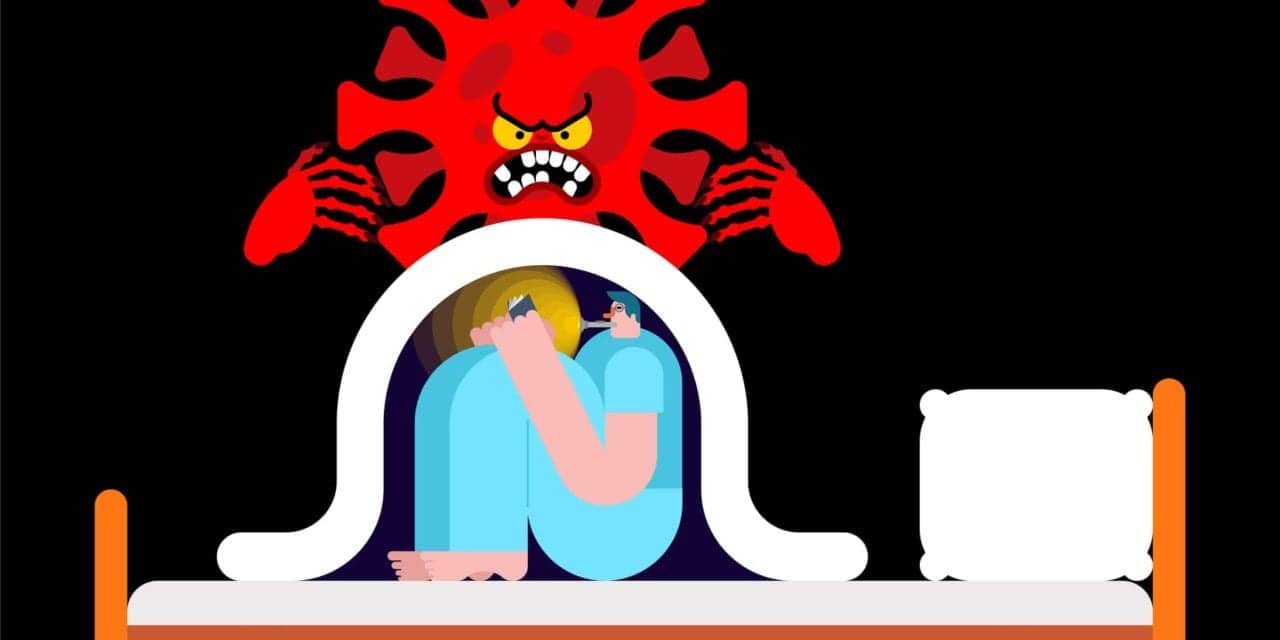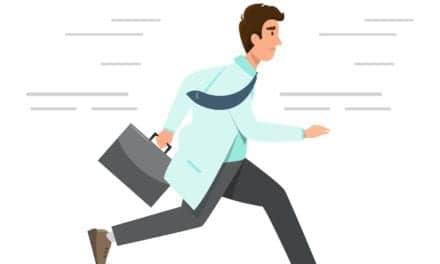The National Sleep Foundation (NSF) urges the public to follow healthy sleep habits and keep regular sleep schedules during the COVID-19 crisis to prevent circadian rhythm changes that can worsen sleep. With the global pandemic and the ever-changing news alerts, many people are experiencing high levels of stress and anxiety, which are linked with poor sleep health. Now more than ever, we need the restorative power of sleep.
Our 24-hour wake and sleep times are strongly influenced by our circadian biology. The circadian system that controls the rhythms of our lives is highly sensitive to changes in our schedules, activities, the timing of meals, and light exposure. During this massive disruption to our lives, we should all pay special attention to keeping our schedules and biological clock as consistent as possible to preserve normal circadian biology.
In order to keep our circadian rhythm intact and best able to help us maintain good sleep, we should wake up and go to bed at consistent times every day, follow a regular exercise regimen, and go outside daily to get some fresh air and sunlight.
Take this abnormal situation and turn it into an opportunity to see how your daily activities impact your sleep health. You can improve your sleep quality in the long term by being mindful of your sleep habits and tracking your sleep. If you have a smart watch or fitness tracker, use the sleep tracker function to monitor your sleep to determine the amount you need each night to wake up fully refreshed. If you do not have a way to electronically track your sleep, keep a journal for two weeks to record the time you went to sleep, got up for the day, and how you felt when you woke up in the morning.
If stress from COVID-19 is affecting your sleep, the National Sleep Foundation has information on how to get a better night’s sleep.
The National Sleep Foundation gratefully acknowledges Drs Thomas Roth and Andrew Krystal for developing this Position Statement.
This statement was approved by the NSF board of directors on May 11, 2020.





